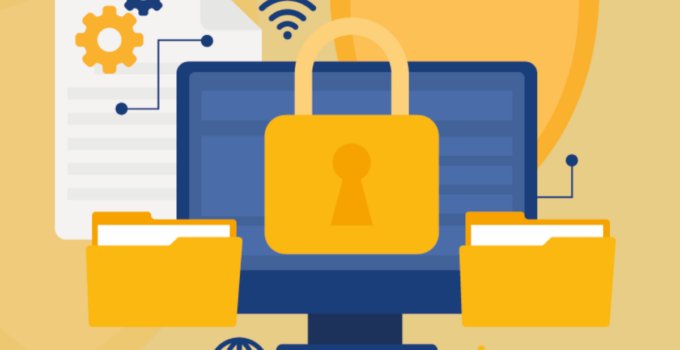Even though more people are creating websites, a 2019 report from Google Registry and The Harris Poll revealed that the majority of Americans have a significant knowledge gap when it comes to online security safety.
Security is one of the best ways to earn the trust of your customers and site visitors. The reassurance brought about by a secure site that will keep all of their personal information safe is what entices customers to return. If you haven’t fortified your website’s security strength yet, you may be setting yourself up for future headaches.
Contrary to what you may think, it’s not as complicated as it sounds. The best security measures are often the simplest ones! As long as you have the foundation laid down, you will be able to avoid vulnerabilities on your site.
Read on for five easy ways to strengthen your website security!
Page Contents
1. HTTPS and SSL Certificate
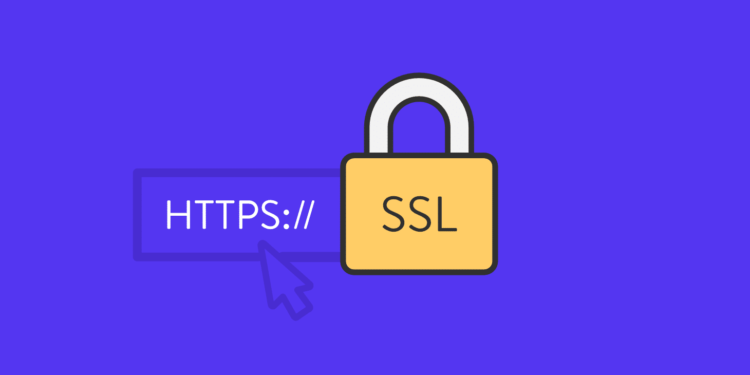
Source: pokermgmt.com
A secure URL is one of the best indicators of a safe website. When it comes to sending the private data of your site visitors, you will need HTTPS to deliver it. You may even opt for a secure system like what the company High Risk Payment Pros provide to give your customers assurance.
HTTPS means Hypertext Transfer Protocol Secure, and it is used to provide interceptions or interruptions while data is being sent over.
On the other hand, SSL stands for Secure Sockets Layer. This is used to secure the transfer of a visitor’s personal information between the website and your database. It essentially encrypts the information to protect outsiders from seeing it while it is in transit.
2. Update Your Software and Plug-Ins
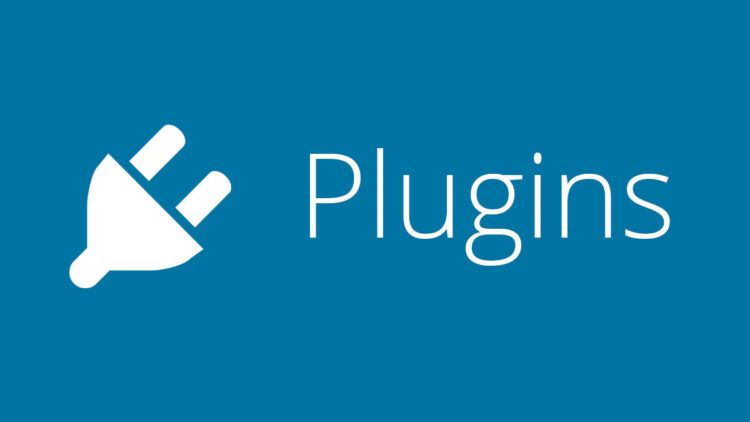
Source: callainternet.com
Outdated software is one of the leading reasons why countless websites are attacked. It is essential to the health and security of your website to keep software and plug-ins up to date. In simpler terms: if your software and plug-ins are outdated, your site is at risk.
Before you hit “remind me later” on a software update notification, take it seriously first. More often than not, these updates contain repairs and security measures to prevent any vulnerabilities on your website.
WebsitePolicies recommend that you turn on automatic updates so that you don’t have to do it every time manually. Remember: the longer you wait, the more you put your website at risk.
3. Implement Strong Admin Passwords
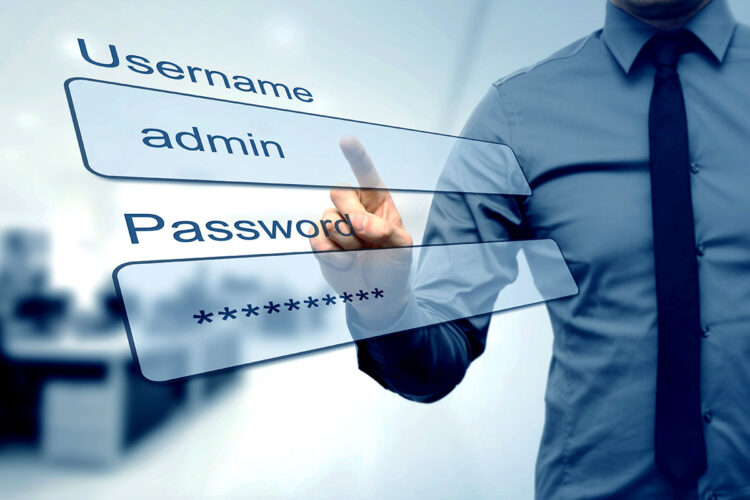
Source: csoonline.com
Yes, a simple password may be easier to remember, but it can also be easier to hack and guess. This could be a security risk for your website, which is why we recommend strong or smart passwords.
It only takes one admin account hacked to take down an entire website. Along with this goes the confidential data of your site visitors. You will lose the trust of your customers if you can wholeheartedly assure them that their data is safely stored.
4. Secure Web Host

Source: blueatlasmarketing.com
A secure web host will already guide you through the set security measures that they have in place. It is meant for everybody’s protection, both for the site owner and the site visitor.
We recommend trying before buying any web host you’re eyeing. This will give you a feel for the security management of the web host, as well as giving you a chance to canvas your options. Most web hosts offer a trial period, so take your time and find the best choice for your brand!
5. Protect your file and folder access

Source; systweak.com
Before doing this, make sure that you already have a system and that you’ve organized your files and folders. After this, you can specify who can access these based on restrictions.
The danger lies in using the wrong file and folder permissions. This leaves your files at risk, so be sure not to leave them vulnerable to any hackers.
Should you worry about website security
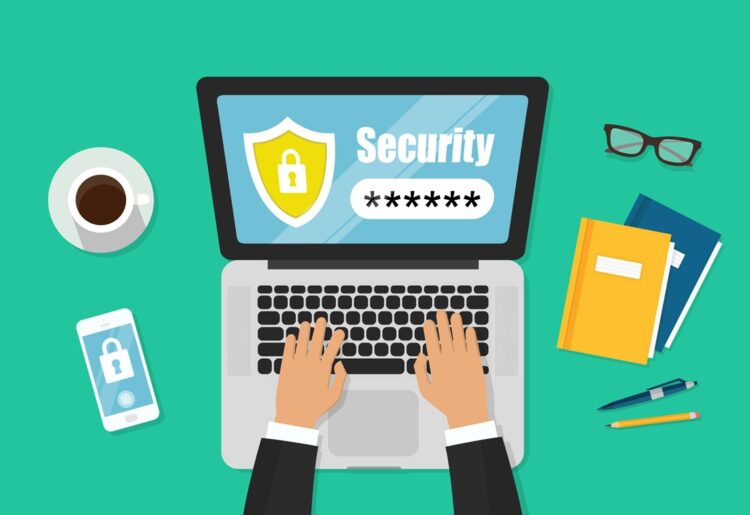
Source: impactbnd.com
Now that you know the ways you can protect your website, you may still be feeling unconvinced. This is understandable. We know that it takes a lot of time, effort, and even money to ensure your website’s safety. However, it would be best if you view this as an investment.
Businesses are taking their stores from the streets to the sites. This means that due diligence and care are needed in looking after your virtual selling platform.
Hacked websites target your business, as well as your customers. It only takes one bad experience to cause a negative butterfly effect. One disgruntled customer can discourage a group of people from buying from your site.
In the same way, a happy and satisfied customer can give your business more attention. The best advertising you can invest in is the customers, as they will provide you with good reviews if they have a good experience.
Your customers’ convenience and satisfaction are essential. An unsecured website that makes them scared to enter their details won’t give you the results you need. So, make sure that your site has the best security measures as well.
After all, it’s not just about the service or product that you offer. The experience matters as well.
Protecting your site’s security protects your reputation and fosters trust
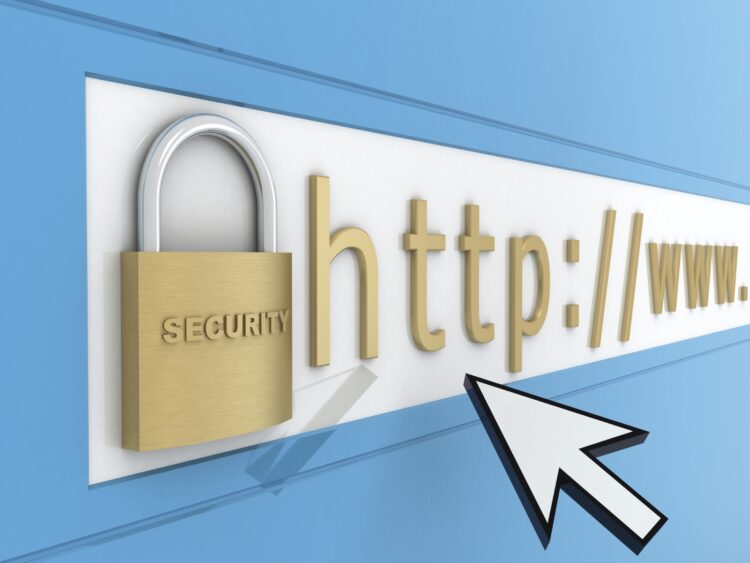
Source: blabor.com
Did you know that once your website gets hacked, it is put into the blacklist?
Once your website’s security is compromised and is hacked, it is put into a blacklist by search engines. This small problem usually leads to 95% less of site visitors. This is a very significant loss of revenue.
Google essentially quarantines around 10 000 websites daily. This is when you try to open a website, and the message “this site may harm your system or computer” pops up. A warning message like this can quickly deter potential consumers.
Your customers will be able to recommend your website and return to it if you give them a good experience. A part of that is a safe and secure visit, which you can strengthen with the tips above.
Do you have any expert tips when it comes to website security? Please help make the internet a safer place and let us know in the comments!

